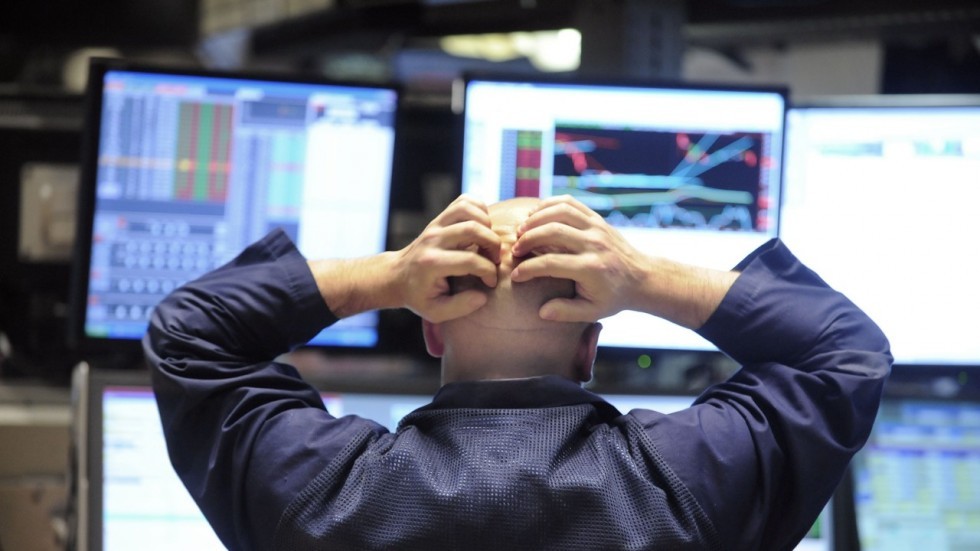At the Verso blog, a number of distinguished scholars of economics and finance—including Wolfgang Streeck, Susan Newman, Mingqi Li, and Dario Azzellini—have addressed the question “Are We Heading for Another Economic Crash?” Most respondents agree that the underlying causes of the 2007–08 financial crisis were never fully address, and that current conditions resemble in alarming ways the run-up to that collapse. Below is an excerpt from Cédric Durand’s response. Durand is the author of Fictitious Capital: How Finance Is Appropriating Our Future (2017).
The illusion that financial assets can create value “as it is the property of pear-trees to bear pears” is nowadays much more vivid than in Marx’s times. This fetishisation of finance and its empowerment are the reasons why, after 2008, the main avenue to roll back the danger of a debt-deflation spiral was a huge monetary stimulus. As acknowledged by Claudio Borio, a prominent figure at the Bank of International Settlement, rich economies became addicted to low interest rates and central bankers have dramatically increased the dose in the past few years with near zero or even below zero key interest rates and assets purchase programs.
The outcome of this sequence is an outrageously unsustainable dynamic: on the one hand, financial fragility is on the rise again, in particular with excessive corporate debt in the US, persistent bank fragility in Europe, and overvalued stock markets. In the real economy, this monetary stimulus has not delivered much: growth rates are anaemic, underemployment endemic, productivity sluggish and investment hardly sufficient to prevent a productive involution throughout the developed world.
It seems, then, that there is no recovery but only a renewed financial assertiveness backed by highly biased policies. The elementary forms of finance capital — stock-market capitalization, credit to the private non-financial sector, and public debt — now represent more than 350% of GDP on average in the major high-income countries compared to 150% in the early eighties, and 330% before the crisis. In order to be sustained, the value of these financial claims require that the expected financial incomes fall in due time: debt must be honoured, interests paid, dividends disbursed.
Image via South China Morning Post.
